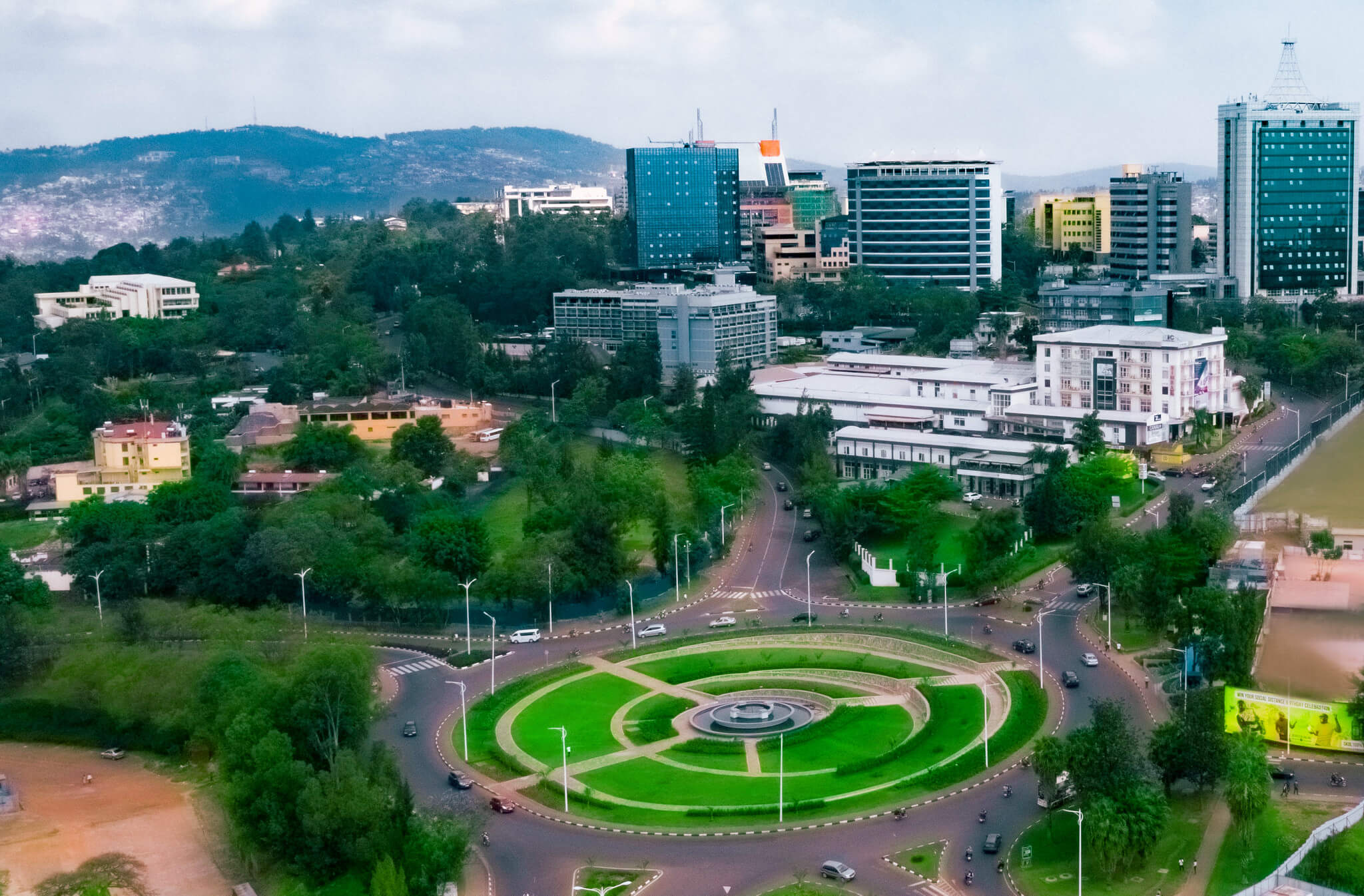The Executive Board of the International Monetary Fund (IMF) approved Rwanda’s request for an arrangement under the Resilience and Sustainability Facility (RSF) amounting to SDR 240.3 million (about US$ 319 million, or 150 percent of quota).
Rwanda is the first African country to secure access to the RSF, which was created this year with the aim of helping low-income and vulnerable middle-income IMF members address longer-term structural challenges such as climate change with longer-term, low-cost financing.
The RSF-supported program will advance the authorities’ efforts to build resilience to climate change by improving the transparency and accountability in the planning, execution, reporting, and oversight of budget resources dedicated to addressing climate change.
The program will include facilitating green public investment, creating further fiscal space, mitigating financial risks, and strengthening public debt dynamics and prospective balance-of-payments stability.
Disbursements to Rwanda under the RSF will be contingent on the conclusion of relevant reviews under a new 36-month Policy Coordination Instrument (PCI) approved today and implementation of scheduled reform measures agreed as part of the RSF arrangement, which establishes Rwanda’s broad economic reform goals.
The new PCI [1] for Rwanda replaces an instrument approved on June 28, 2019 (see Press Release No.19/258).
Program performance under the 2019 PCI has been relatively strong with all quantitative and standard continuous targets through end-June 2022 met, and all but one of the reform targets through end-September 2022 completed. The new PCI will continue to support Rwanda’s macroeconomic policies and reforms, with a greater emphasis on policies to ensure macroeconomic stability and reforms to mitigate pandemic scars and to build socioeconomic resilience to shocks and insure against downside risks.
Following the Executive Board’s discussion, Mr. Bo Li, Deputy Managing Director and Acting Chair of the Board, issued the following statement:
“Rwanda has become the first African and low-income country to benefit from the Resilience and Sustainability Facility (RSF), a recognition of the country’s commitment to strengthen its resilience to climate change.
The Rwandan authorities implemented a sizable policy package to protect the most vulnerable against multiple shocks, while steering the economy to protect macroeconomic stability and advance their reform agenda under the Policy Coordination Instrument (PCI).

However, global headwinds are slowing economic activity amid high unemployment, elevated inflationary pressures and limited fiscal space, compounding the challenges from pandemic scars and climate-related events.
The authorities’ economic program under the new PCI is focused on policies to ensure macroeconomic stability, foster economic growth, and enhance socioeconomic resilience. Timely adoption of domestic revenue mobilization measures envisaged under their medium-term revenue strategy and the launching of a spending rationalization strategy will be critical for the credibility of the envisaged fiscal consolidation and to safeguard debt sustainability.
The authorities should continue strengthening capacity to manage fiscal risks and adopt more effective and transparent public financial and investment management practices.
More decisive monetary tightening by the National Bank of Rwanda (NBR) is needed to contain inflationary pressures, while ensuring greater exchange rate flexibility remains key for external stability. Continued monitoring of the financial sector to ensure risks remain contained while deepening financial markets and promoting financial inclusion is also important.
The authorities’ commitment to building socioeconomic resilience through adaptive social safety nets, human capital investments, and economic diversification policies and climate resilience reforms is commendable.
The RSF arrangement, underpinned by a strong reform package will help advance Rwanda’s efforts to build climate resilience. The reforms under the RSF are expected to strengthen and institutionalize monitoring and reporting of climate-related spending, integrate climate risks into fiscal planning, improve the sensitivity of public investment management to climate-related issues, strengthen climate-related risk management for financial institutions, and strengthen the disaster risk reduction and management.







